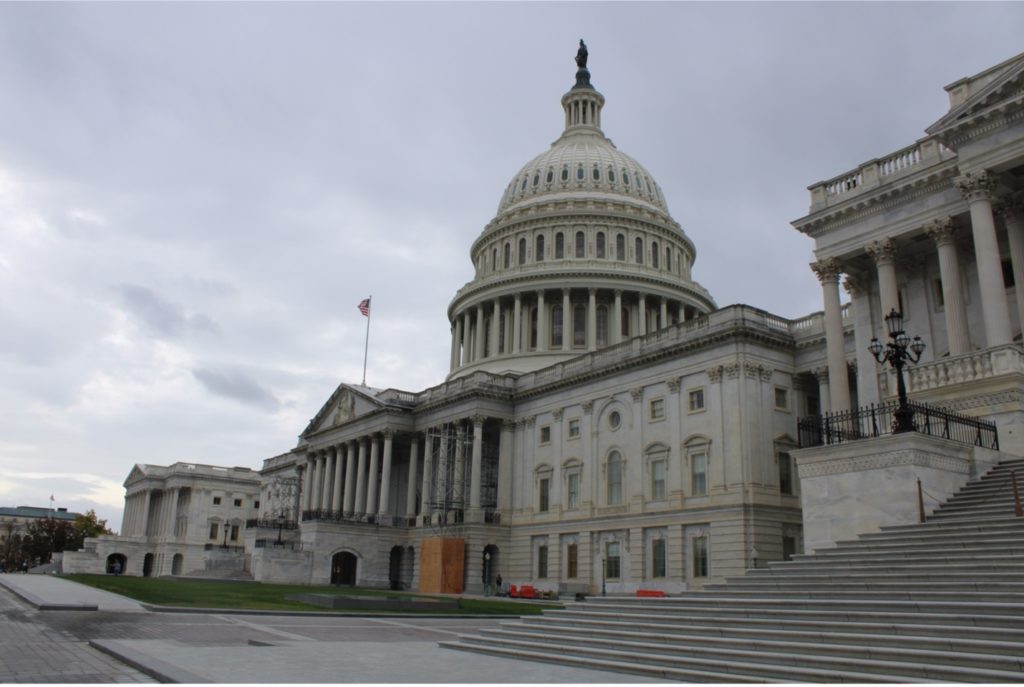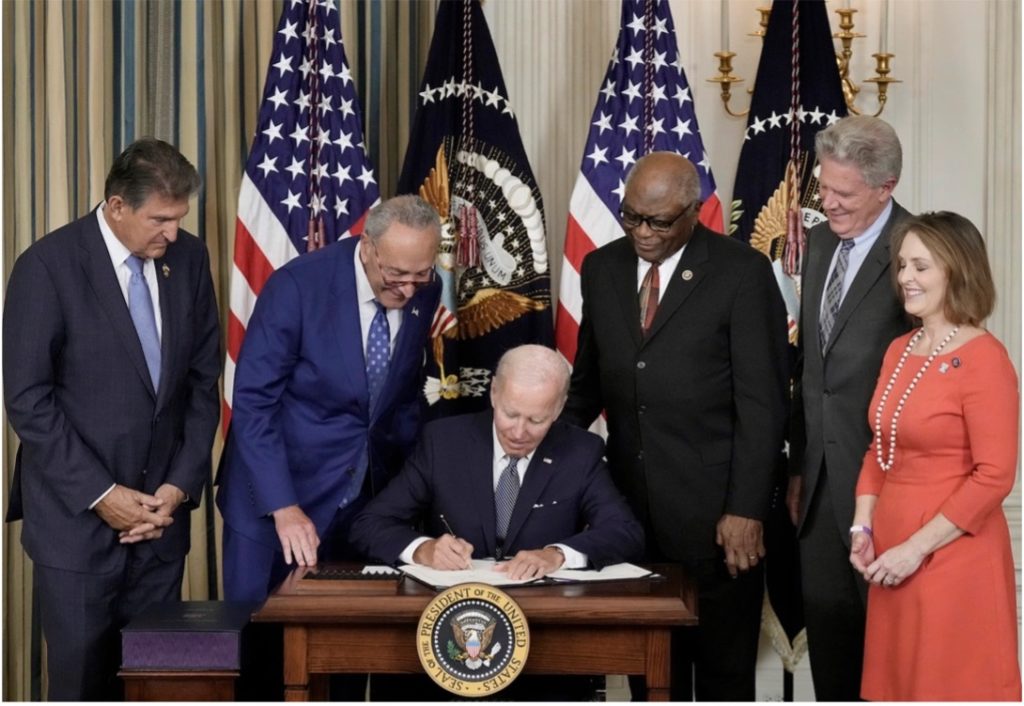Why does it matter and how does it affect you?
Written by: Guiller Lorenzo Cenizal

Rashawn Merchant/Earth Shiners
The Inflation Reduction Act–also known as the IRA to most people and news outlets–was a landmark piece of legislation in effect as of August 2022. The piece is an all-encompassing and aisle-crossing policy that covers a wide range of topics, activities, and sectors ranging from energy, farming, work, economics, and infrastructure. Even the name itself is somewhat ambiguous–sure, it has something to do with inflation and economics, but to the less initiated, that is all one could draw from it.
Yet, it comes as a landmark piece of climate legislation. The IRA is a revolutionary act that opens several different avenues for the future of net-zero, climate change policy, and sustainability in the United States. Frankly, some of its success is attached to the name. How it appears makes it less of a political issue and more of an economic one. The same can relate to the failures of, for example, the Farm Bill, whose highly politicized name has hindered any real progress in protecting agriculture and increasing food system security in the past decade and a half.
Now, what makes it such a landmark piece of climate legislation? It is about inflation, isn’t it?

Rashawn Merchant/Earth Shiners
It certainly is. However, it is essential to recall that Climate Change is also a highly economic issue. There are numerous studies, even coming out from a few years ago from the Environmental Protection Agency and Intergovernmental Panel on Climate Change, which suggest that a tenth drop in global GDP due to climate change-related incidence, whether it be through supply chain disruption, the destruction of infrastructure, healthcare costs, and other subsequent stocks, flows, shocks, and variables. Hundreds of millions of dollars and tens of millions of people will succumb to climate change disruptions in the next half-century.
As a successor to Build Back Better, the Inflation Reduction Act will build high-quality and highly specialized jobs for the American economy. The ramifications of climate change will manifest in heavy investments in renewable energy infrastructure. These outcomes include; new wind turbine operations, new solar farms, and updating energy grids across the country. This labor- and capital-intensive development needs highly trained individuals to build out and maintain. This need is not only a mitigation measure to slow down the effects of the fossil fuel industry on climate change but also the creation of an economy that is theoretically more resilient to economic shocks.
Combining climate mitigation and adaptation is in vogue, especially in larger, more developed economies like the United States. While the Inflation Reduction Act is not an all-encompassing omnibus of Climate Change related legislation, it certainly presents a good starting point for the future of energy and development in America. Speaking in the vernacular of Washington and private firms–economics–is an excellent tool.

Drew Angerer/Getty Images
Now, what does this mean for the average person? Aside from the common good of slowing climate change down and arguably improving air quality, the most significant gains the average American will probably see within the next few years is likely a decrease in energy prices as renewables begin to supplement and slowly replace the dominance of fossil fuels. In this same vein, there is potential for more rebates and incentives for homeowners to electrify their homes and cities beginning to increase decarbonization efforts–Local Law 97 in New York City being a prime example of efforts at the municipal level.
This example differs from saying this will be a perfect answer or transition. There could be some short-term sacrifices for long-term stability and security. From possible tax ramifications, short-term price increases, private sector engagement, and zoning provisions, amongst a host of other things, that can become obstacles. Nevertheless, what it symbolizes is a step in the correct direction. The supplementing of market mechanisms in order to shift the paradigm. The deflation of egos and the fossil in

Leave a Reply